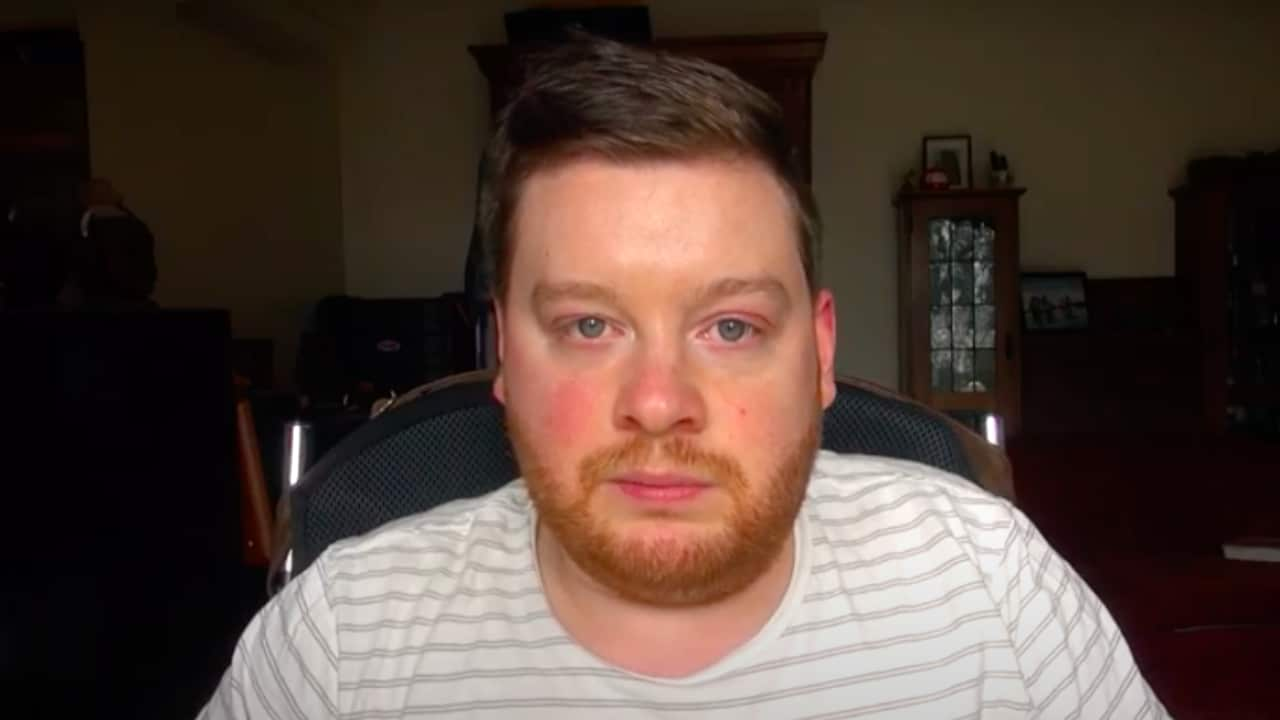A doctor of 20 years with patients from the Stolen Generations says she fears contentious National Disability Insurance Scheme reforms will traumatise and trigger vulnerable people who already hold deep misgivings about government institutions.
Debra Blackmore, a GP with the Victorian Aboriginal Health Service, made the comments in a submission to the bipartisan parliamentary committee looking into NDIS independent assessments, .
The proposed assessments, which new NDIS Minister Linda Reynolds has for the time being, would see people outsourced to a government-approved health professional they don't know to determine their eligibility for the scheme and the support they receive.
The standardised assessments are expected to take around three hours.
Critics say the reforms are a cost-cutting move that will make it harder for people to access the NDIS, leave existing participants worse off and force vulnerable people to be assessed by strangers who don’t know their nuanced medical history.
The government and National Disability Insurance Agency, which runs the NDIS, have defended introducing the assessments, saying they are a more equitable way of gauging a person’s capacity that can support fairer decisions about access.
Dr Blackmore has worked for two decades caring for people with disability from the Stolen Generations and other backgrounds that have been “significantly impacted by psychosocial and physical trauma in their life”, she wrote in her submission.
“My work in this area has highlighted to me the importance of long-term therapeutic relationships in building trust, understanding nuances of communication, creating culturally safe spaces and ensuring patients feel safe and confident enough to appropriately express their needs and concerns.”
Dr Blackmore said she was “deeply concerned” by the “one-size-fits-all” model of the assessments.
“I can assure the committee, that in my experience, very few of my patients, especially those from the Stolen Generations, would feel comfortable allowing an assessor they do not know into their home, nor would they feel comfortable revealing very intimate personal information to [a] stranger about their home environment and how they are managing,” she wrote.
“In fact, I would argue this could be extremely traumatic and triggering for those who have a deep mistrust of government institutions.”
According to , 6.7 per cent of all participants reported as being from an Indigenous background.
Data from the Australian Bureau of Statistics shows compared with non-Indigenous Australians.
Dr Blackmore said she believed the independent assessment process as proposed would further increase barriers to NDIS access, exacerbate inequalities and negatively impact the Closing the Gap targets.
have also used submissions to the parliamentary inquiry to voice concerns about the assessments.
Campaigners are calling for a redesign of the assessment process. Many have said consultations were rushed and centered on how to implement the policy, .
An NDIA spokesperson said the agency was continuing to collect feedback about independent assessments through its latest pilot program and that they would be culturally safe.
"All assessors will undertake cultural competence training, as part of their appointment to support people from Aboriginal and Torres Strait Islander or culturally and linguistically diverse backgrounds," the spokesperson said in a statement.
"If a participant has a particular preference for cultural reasons, we encourage them to indicate their preference at the time they are contacted for their independent assessment appointment."
The concept of independent assessments was recommended in an independent 2019 review of the NDIS Act, though documents obtained under freedom of information laws earlier this month into it.
Senator Reynolds has defended the review's independence and told SBS News earlier this week she would listen to more feedback before pushing ahead with the assessments.
"As the new minister for the NDIS, I am committed to understanding the concerns about independent assessments voiced by the states and territories, stakeholders, and most of all the scheme’s participants," she said.












